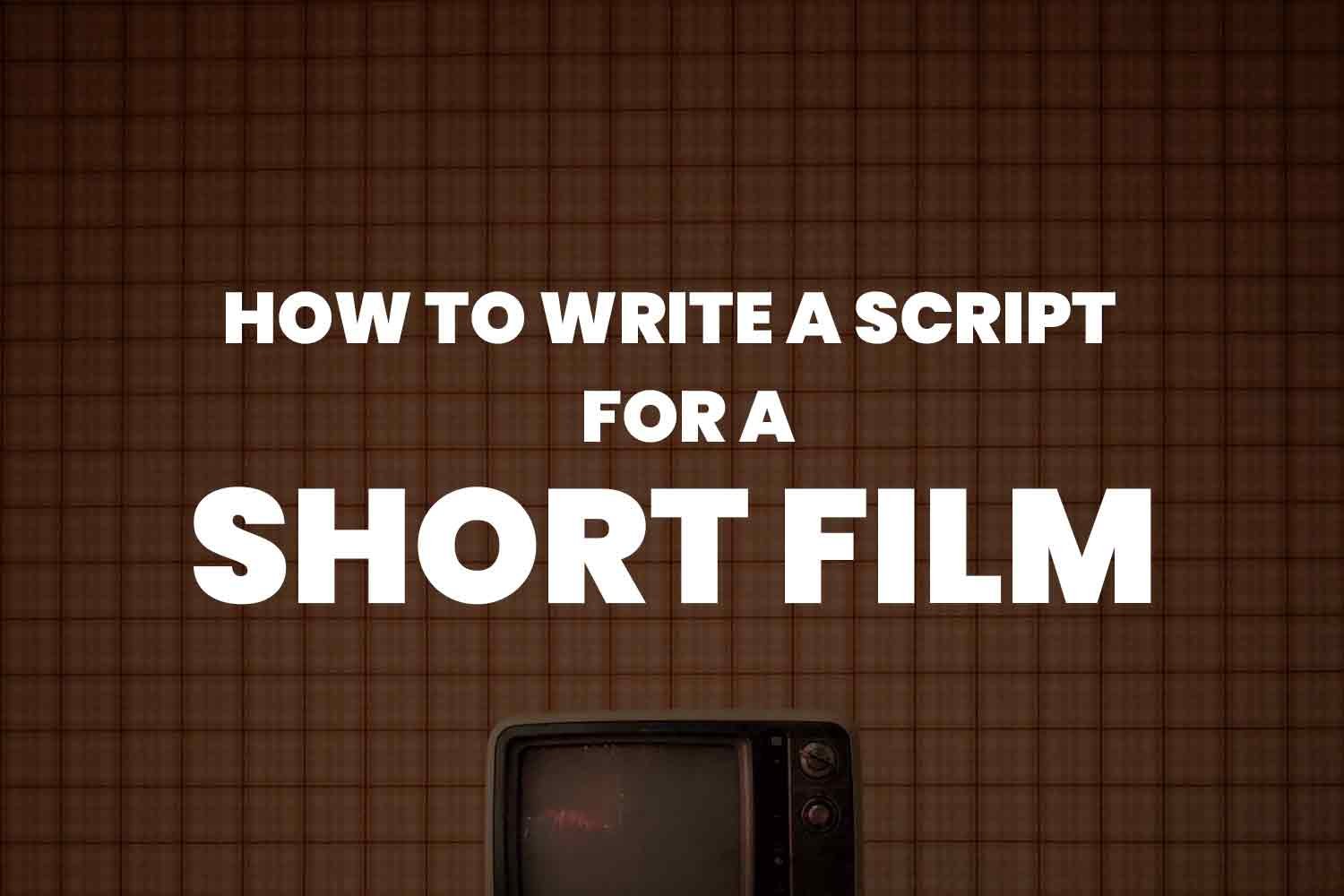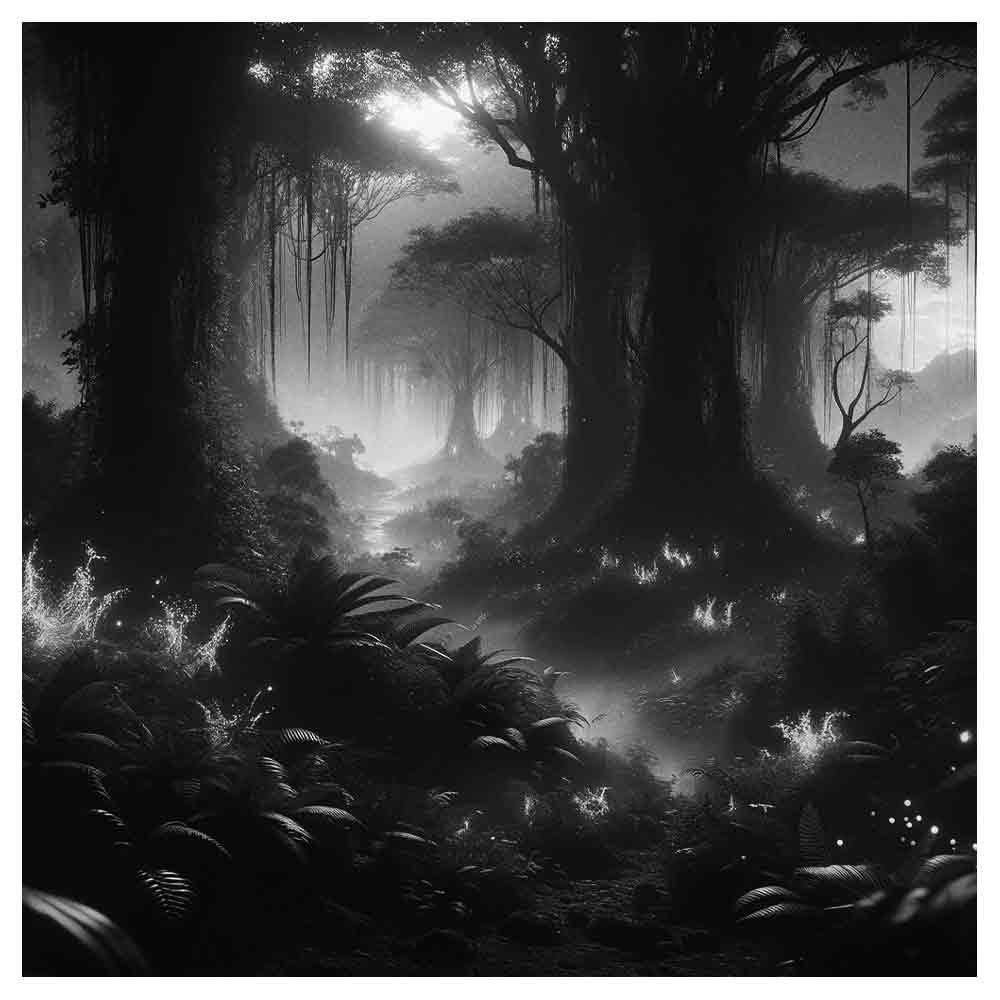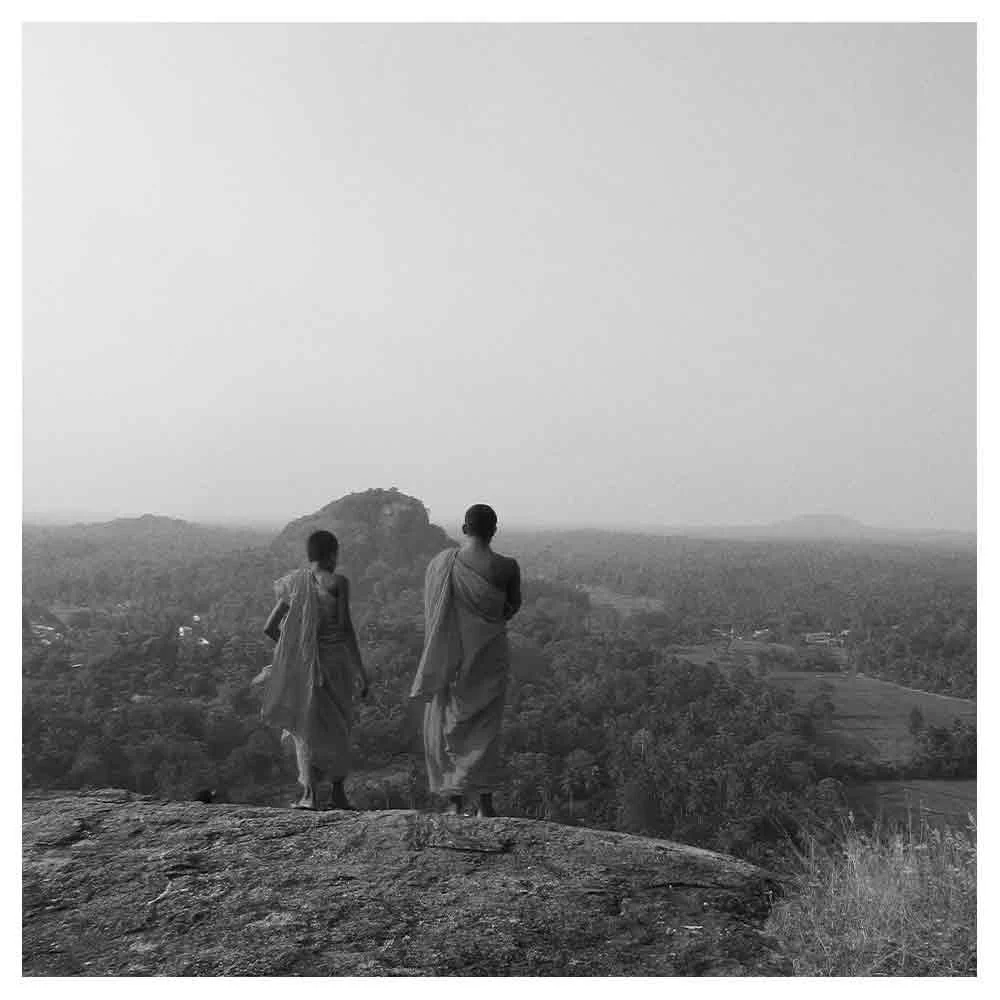How to Write a Script for a Short Film: Your Step-by-Step Guide
Writing short films can be an exhilarating and enlightening experience for aspiring filmmakers.
The art of scripting short film scripts can help you grow as a storyteller, let your creative ideas take flight, and serve as a "calling card" in the independent film industry. If you're wondering how to write a script for a short film, you've come to the right place.
In this guide, we'll delve into the steps to create a compelling short film script that will leave an impact on your target audience.
Start with a Simple Premise
Short films are bite-sized stories ranging from 1 minute to 40 minutes, but the average length of complete stories hovers around 10-20 minutes. With such limited time, the best short films are often built around a simple premise.
Trying to fit a full-length feature film idea into a short story can lead to confusion, plot holes, and an unfocused narrative. The better your chances of resonating with your audience, the more straightforward your story is.
Screenwriters sometimes complicate stories unnecessarily. Sticking to one main idea or conflict and developing that thoroughly is a good rule of thumb. For example, consider an independent feature film. The more characters, locations, and time periods you introduce, the harder it will be to develop a complete story.
Brainstorming Ideas
When it comes to short film ideas, the sky is the limit. From a sci-fi adventure set in a dystopian future to a simple human drama unfolding in a local café, different genres offer unique ways to tell your story.
Whether you are writing for a specific film festival or to launch a career in filmmaking, your idea should be original, unique, and compelling. Brainstorming is your chance to let your creative juices flow.
Write down all the ideas you can think of, no matter how absurd or unpolished they might seem. The aim is to generate a sea of concepts you can later refine into a unique idea for your short film.
Create a Compelling Story
This might seem obvious, but it is crucial: your short film needs a compelling story. This doesn't mean you need a blockbuster-scale plot with dramatic character arcs and plot twists. It's often the most straightforward human story with the most significant emotional impact.
Your story should follow the structure of inciting incident, rising action, climax, falling action, and resolution. However, you also have the creative freedom to play with this structure to suit your story's needs.
Remember, you are writing a complete story, not a scene from a feature film or an excerpt from a larger narrative. Successful short films tell exclusive stories that leave the audience feeling like they've experienced a complete narrative arc, even if it's just a snapshot of one location or a character's life.
Developing Characters
When it comes to short films, few characters often do the trick. Investing your words and minutes into creating engaging main characters is essential with limited screen time. The main character or characters in a short film screenplay should be vivid, relatable, and dynamic.
Character development might seem like a tall order for a short film, but it's entirely possible. Start by considering your main character's wants, needs, and obstacles. What drives them? What stands in their way?
What changes do they undergo throughout the story? Answering these questions will help you create believable and engaging characters.
Screenplay Formatting
Screenplay formatting is crucial to the readability and professionalism of your script. Professional screenwriting software can ensure your formatting is up to industry standards.
Software such as Final Draft, Celtx, or Fade In can automate many aspects of screenplay formatting, leaving you more time and energy to focus on your story and characters.
Your script should be visually easy to follow, with clear scene headings, character names, and dialogue. Be concise with action lines, but don't be afraid to inject a little personality into your descriptions.
Remember, you're not just writing for the audience but also for the director, actors, and crew who will bring your words to life.
Writing the First Draft
Regarding the first draft, the best advice is to start writing. Don't worry about getting it perfect on the first go. Use this to flesh out your story, characters, and dialogue.
Write scene by scene, moving the story forward. Think about the next scene, the overall narrative, and where you want your characters to end up.
Rewriting and Polishing
Your first draft will not be perfect, and that's completely okay. Writing is rewriting, and it's in the polishing stage that your script will indeed come alive. Review your script for plot holes, character consistency, dialogue authenticity, and pacing. Remember, every line of dialogue, every description, and every scene direction should serve a purpose.
Get Feedback
Once you're happy with your draft, it's time to get feedback. Share your script with trusted peers and mentors, or hire a professional script consultant. Constructive criticism can help you spot weak points in your script and develop ways to improve it.
Final Draft and Submission
You'll have your final draft once you've incorporated feedback and polished your script. If you aim to make the film yourself, this script will serve as your blueprint throughout production.
If you want to sell or have the script produced by others, consider submitting it to film festivals. Most film festival programmers are always looking for original, compelling short screenplays.
Remember, a great short film script is not defined by its genre, scale, or clever twist. It's the emotional impact and the memorable characters that truly make it stand out. So don't hesitate to write your ideas, write that short film script, and embark on the journey to create a moving motion picture.
In the grand landscape of filmmaking, short films are often seen as stepping stones to feature films. They are the perfect platforms to experiment, learn, and showcase your storytelling abilities.
They have been known to launch careers, win Academy Awards, and charm a broad audience at film festivals. So gear up, let the words flow, and write your ticket to the cinematic world.
Writing a script for a short film is more than just penning down a few dialogues and setting descriptions; it's about crafting a world within a few minutes of screen time. And remember, the key to writing great short films lies not just in an engaging plot or complex characters but in the ability to tell a complete story in a limited time frame.
So go on, unleash your creativity, and write a script that captivates, inspires, and resonates.
Good luck!
Frequently Asked Questions About How to Write a Script for a Short Film
What is a short film script?
A short film script is a screenplay for a short film. Short films typically have a running time of 40 minutes or less, including credits. The script contains the characters' dialogue, actions, expressions, movements, and the film's visual elements like locations and camera angles.
How long should a script for a short film be?
The length of a short film script can vary greatly, but a general rule of thumb is one page of a screenplay equates to one minute of screen time. Most short films range from 5-20 minutes, so a short film script is usually 5-20 pages long.
How do I start writing a script for a short film?
Start with a simple premise and develop it into a compelling story. This involves brainstorming ideas, creating characters, structuring your plot, and writing your script scene by scene. Screenwriting software can help with the technical aspects of formatting your script according to industry standards.
How do I develop characters in a short film script?
You should consider your main character's wants, needs, and obstacles. What drives them? What stands in their way? What changes do they undergo throughout the story? Answering these questions will help you create believable and engaging characters.
How important is the format of my short film script?
Your script's format is incredibly important, impacting its readability and professionalism. A suitably formatted script looks more professional and is more accessible for actors, directors, and other crew members to read and understand. Consider using professional screenwriting software to ensure your script aligns with industry standards.
How can I ensure my short film script is compelling?
To ensure your script is compelling:
Focus on telling a complete story that engages the audience emotionally.
Keep your story straightforward.
Develop interesting, dynamic characters and a clear, concise plot.
Every element of your script should move the story forward and keep the audience invested.
Can I submit my short film script to film festivals?
Absolutely! Many film festivals accept short film script submissions, and it can be a beautiful platform to showcase your work and get noticed in the industry. Just make sure to research each festival's submission guidelines thoroughly before submitting your script.
How many drafts should I write before my script is ready?
There's no set number, as each script and writer is different. However, writing is often rewritten. Before your script is polished and ready, expect to go through several drafts (at least 3-5). Feedback is essential during this process, so don't hesitate to share your work with trusted peers or mentors.
Should my short film script have a twist ending?
While twist endings can make your short film memorable, they are not a requirement. The most important aspect is to tell a complete and compelling story. If a twist fits naturally within your narrative and enhances your story, then by all means, include it. However, don't force a twist if it doesn't serve the story or characters.
What genre should my short film script be?
Your script can be any genre you like. What's most important is that you're passionate about the story you're telling. Whether it's a drama, comedy, sci-fi, horror, or any other genre, the key to a great script is a well-told, engaging story.






























